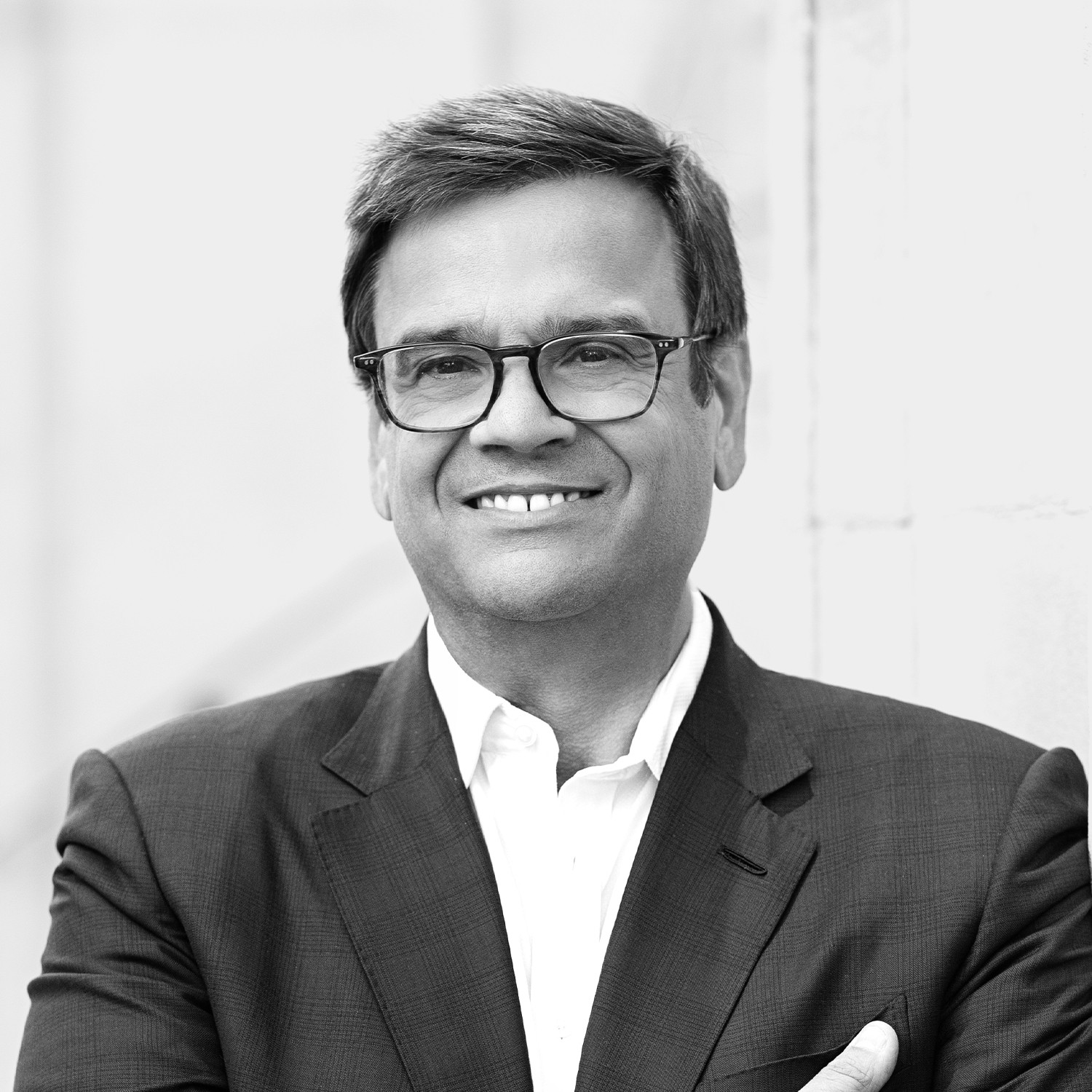- LPs are becoming more choosy and favouring ‘recession-proof’ sectors as the downturn bites
- New institutional investors will continue flocking to private equity
- Existing investors anticipate a ‘war’ for LP talent
Investors are aware that their own growing appetite for the asset class is partly to blame: well over a third of LPs (38%) are planning to increase their allocations to private equity over the next year (with only 3% planning a reduction). Strong returns will also continue to attract new investors to the asset class, LPs think – four out of five existing investors expect a significant influx of new LPs over the next three years.
Investors believe growing institutional appetite for the asset class will increase the premium on LP talent – 77% of current investors see the market for LP skills becoming significantly more competitive over the next three years. In fact, half of LPs even expect institutions to increase their recruitment from private equity firms as the ‘talent war’ intensifies.
Opportunities in the new investment climate
The best opportunities in private equity in the coming year will be in small and medium-sized European buyouts, LPs think. The lower end of the buyout market is expected to be attractive everywhere – especially for small (less than $200m) and mid-market investments (deals of $200m-$1bn).
In today’s climate, investors see the most attractive opportunities for GP investment in sectors with long-term growth potential – healthcare and technology, for example. Sectors most at risk from economic downturn – like real estate and consumer industries – are considered less attractive.
The prospect of a prolonged downturn is reflected, too, in a stronger preference for distressed debt. Over a quarter (28%) of Asian LPs and almost a fifth (18%) of European LPs plan to begin investing in distressed debt for the first time in the next 12 months. This surge in interest is explained by investors’ return expectations – half foresee returns of 16%+ from distressed debt over the next 3-5 years. Plans to commit to this sub-asset class for the first time are less pronounced among North American investors – a far higher proportion of whom (65%) are already invested in distressed debt.
Mezzanine, too, is expected to attract more first-time commitments in the coming year. The proportion of Asian LPs investing in mezzanine is expected to double over the next 12 months – from 17% to 34%. More modest first-time investment in North America and Europe will take LPs’ exposure to mezzanine in these regions to 50% and 63% respectively. 70% of LPs expect returns of 11%+ from mezzanine over the next 3-5 years.
The secondaries market
Investors are active buyers as well as sellers in the secondaries market. More than 1 in 5 LPs (22%) have sold assets as secondaries, and 1 in 3 (35%) have bought assets in this way (excluding funds-of-funds.) Although LPs think liquidity will be an important reason for selling in the next couple of years, the desire of investors to focus on their best-performing GPs is expected to be a still more important driver of sales. LP usage of secondaries to re-balance their portfolios between types of private equity (venture and buyouts, say) is also expected to be a significant driver of the market.
Sovereign wealth funds – competitors or collaborators?
Sovereign wealth funds (SWFs) are engaging with private equity at many levels, not only as investors in private equity funds – where their importance is still growing – but also as players in the market itself. LPs are divided about the threat SWFs pose to GPs: 58% think they are, or are becoming, significant competitors to buyout firms. But, arguably more importantly, a large majority of investors (80%) expect significantly more strategic partnerships between GPs and SWFs in the next couple of years.
Other topics covered in this edition of the Barometer include:
- The effect of the credit crunch / downturn on LPs’ ‘lifetime’ portfolio returns
- The expected pace of GP investment
